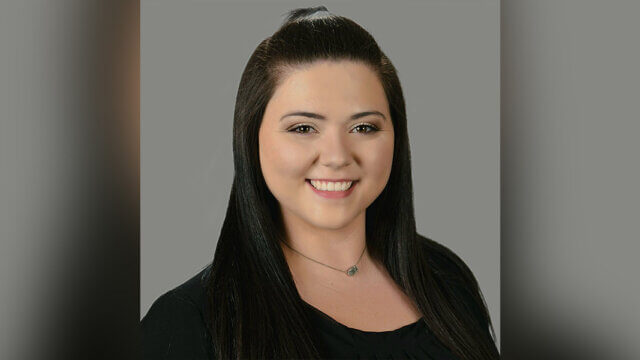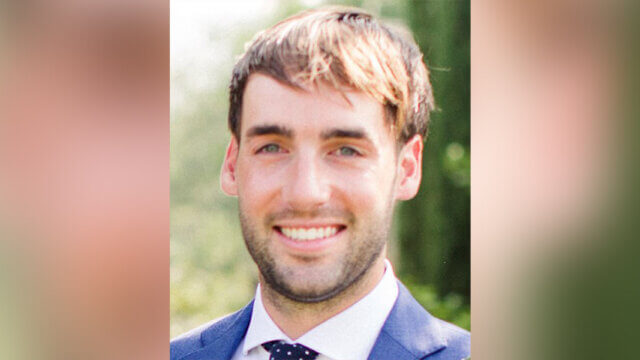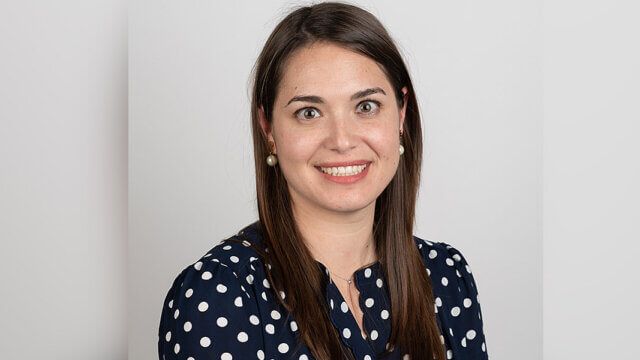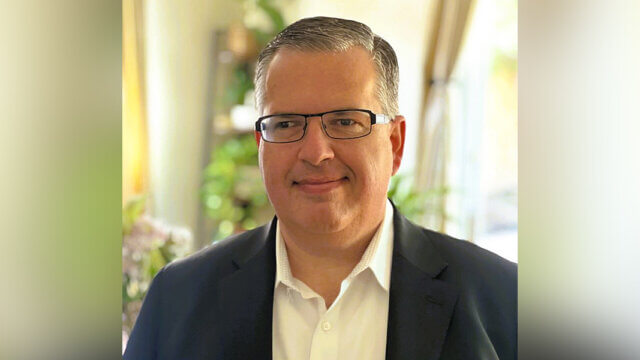By Anna Thompson & Alex Castrodale
Many foreign professionals completing hotel/hospitality industry degrees in the U.S. have similar backgrounds and face similar challenges, including the need to find an appropriate immigration status to continue working in the U.S. after graduation.
Let’s look at the scenario facing Daniel, who, in 2018, relocated from his home country of Brazil to pursue university education and opportunity in the U.S. He graduated with honors and earned his bachelor of science degree in tourism and events management from George Mason University.
A component of his student visa provided one year of post academic completion employment authorization, and Daniel began working at a prominent Miami hotel as an event planner as part of the weddings and events planning team. Daniel was responsible for organizing and planning lavish, beachfront weddings and international business conferences on behalf of the hotel and its guests and clients. He quickly gained the confidence of his employer and became a trusted source for event planning in the Miami area. Given his successes, the hotel sought to employ him on a long-term basis and worked to identify visa options to continue to sponsor Daniel’s employment.
The U.S. immigration system often seems to consist of a random collection of letters and numbers that purport to distinguish the options. At best it is confusing even for experienced practitioners, but especially for employers who are unfamiliar with the regulations and procedures, as well as recent university graduates seeking employment opportunities and long-term options. Unless candidates qualify for specific treaty country visas (such as an E-3 for nationals of Australia) or can meet the high evidentiary bar to document that they are at the top of their field of endeavor (such as an O-1 for those with extraordinary ability in science, arts, athletics, education or business), the most common employment option for foreign talent is the H-1B visa for “specialty occupations.”
The phrase “specialty occupation” refers to a position that requires the application of a body of highly specialized knowledge and at least a bachelor’s degree, or its equivalent, in a specific field. The prospective beneficiary/employee must possess the requisite specific academic background (or the equivalent combination of academic and progressive employment experience). Take Daniel, for example: his position of event Planner requires a minimum of a bachelor’s degree in event planning or a related field and, by virtue of his bachelor’s degree in events management, Daniel possess the requisite/related academic background.
Daniel would be a strong candidate for the H-1B visa, so long as his employer can obtain a selection in the annual H-1B “lottery.”
Every fiscal year, there is a cap on the number of H-1B visas available: 65,000 for those with bachelor’s degrees (commonly referred to as the “regular cap”) and an additional 20,000 available for those with U.S. master’s or higher degrees (“master’s cap”), for a total of 85,000 per fiscal year.
Employers seeking to enter a prospective employee into the lottery must complete an electronic registration for consideration in the selection process, which occurs in March of each year. Following the registration period, the U.S. Citizenship and Immigration Services (USCIS) conducts its electronic selection, AKA the “lottery.”
Historically, USCIS has received tens, and often hundreds, of thousands more H-1B applications than the 85,000 available visas. The fiscal year 2024 lottery has been conducted, and USCIS announced that it received a sufficient number of electronic registrations to reach the statutory cap.
USCIS implemented the electronic registration and selection process in 2020 and, every year since its inception, has seen increased registrations. This year, Daniel is one of 780,884 candidates seeking an H-1B visa.

The rise in the number of registrations for beneficiaries with multiple eligible registrations raises concerns of unfair practice and potential abuse of the system (i.e., multiple petitioners attempting to gain unfair advantage by colluding to submit several registrations for the same beneficiary).
In response to the staggering increases, USCIS has launched investigations into apparent fraud and abuse of the registration process. In fact, and as of May 2023, USCIS has already taken steps to revoke improper registrations and to deny cases selected based on fraudulent or improperly filed registrations.
Navigating the registration process and ensuring proper registration is only the first piece in the H-1B puzzle. Preparing a successful H-1B case on behalf of qualified candidates like Daniel requires expertise and thorough understanding of the H-1B regulations.
Those who receive a selection notice are instructed to prepare and file a complete H-1B petition containing the specialty occupation evidence and other regulatory attestations with the USCIS for processing and adjudication. If approved, H-1B employment begins on Oct. 1.
One such critical attestation, which serves to both protect similarly employed U.S. workers and the H-1B workers, is confirmation from the H-1B employers to the Department of Labor that they will pay wages to the H-1B workers that are the greater of either: 1) the actual wage paid by the employer to its other employees with similar experience and qualifications for the offered position; or 2) the prevailing wage rate for the occupation in the area of intended employment. In Daniel’s case, his position most closely aligns with the Department of Labor occupational classification for meeting, convention and event planners and, in the Miami area, the likely prevailing wage rate for this classification is $41,746. At the onset of his sponsorship, Daniel’s employing hotel should ensure the ability to pay at least this rate.
The H-1B is a highly coveted temporary category and provides great opportunities for foreign talent. Unlike many temporary visa categories, the H-1B is also a “dual-intent” category, which means that an H-1B visa holder can work and live temporarily in the U.S., while simultaneously pursuing permanent residence (i.e., the “green card”). Securing H-1B visas on behalf of foreign employees provides a wonderful option for employment authorization and a helpful path to obtaining U.S. permanent residence.
Daniel is one of the 85,000 lottery winners for fiscal year 2024. His employer has filed an H-1B petition on his behalf and, upon approval by USCIS, Daniel will secure H-1B status. The H-1B program allows for a maximum of six years of eligibility, during which Daniel’s employer may choose to sponsor him for permanent residence.
Given the complex regulatory requirements imposed on H-1B employers, the analysis required to evaluate potential candidates, and the unique nature of the lottery system, employers, employees and qualified immigration attorneys must all work together to maximize the chances of success.
Anna Thompson is an associate in the Dentons Immigration Group, where she assists clients on a variety of employment-based immigration matters, including nonimmigrant and immigrant visas and family-based cases.
Alex Castrodale is a shareholder/chair of the Dentons Cohen & Grigsby Immigration Group. He focuses his practice on employment-based immigration, including temporary and permanent visas, family-based immigration, naturalization and related issues.
This is a contributed piece to Hotel Business, authored by an industry professional. The thoughts expressed are the perspective of the bylined individual.




